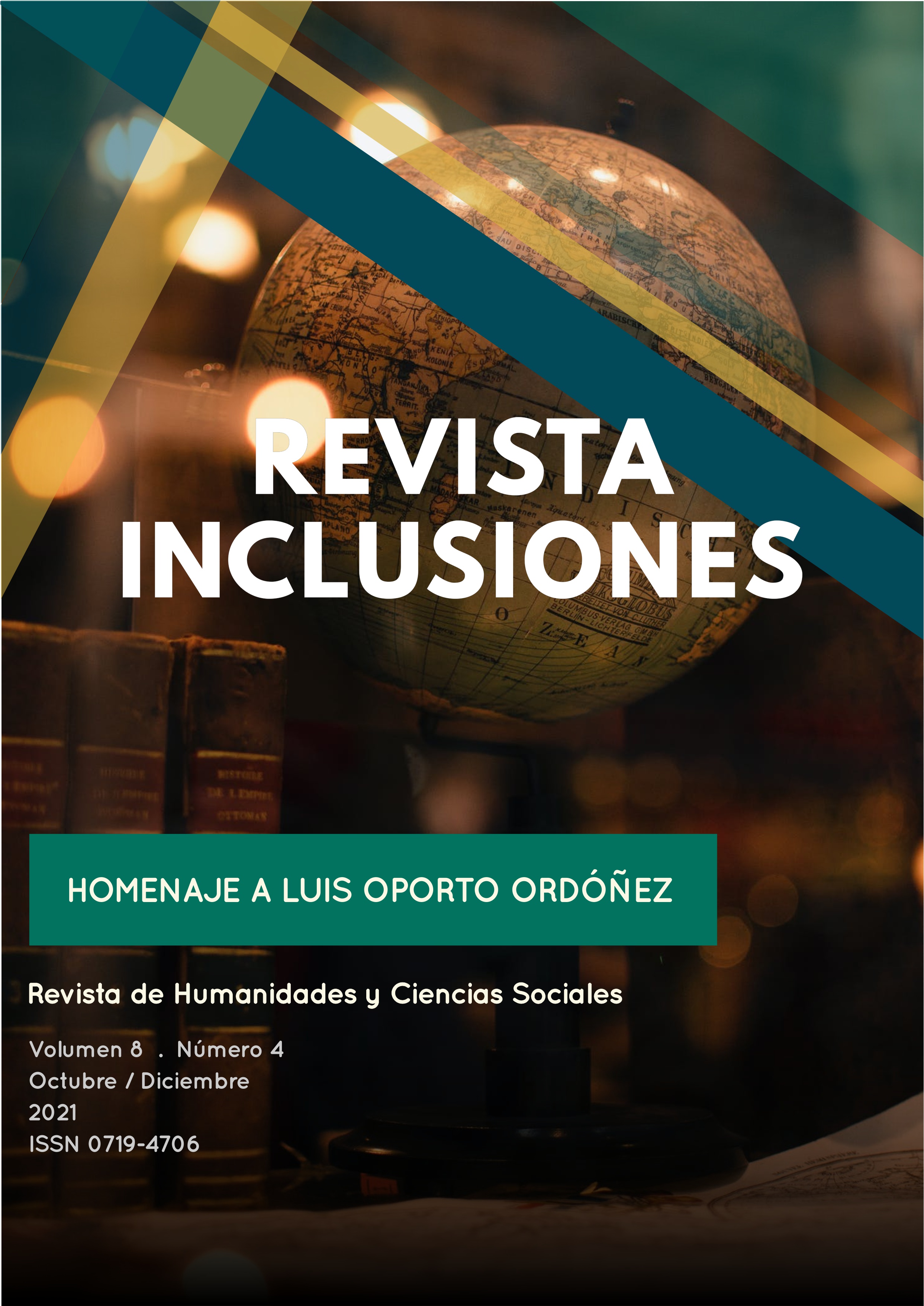THE IMPLEMENTATION OF FULL-TIME EDUCATION POLICY IN HIGH SCHOOLS: A REVIEW
Abstract
The full-time education has been implemented as an educational policy in many countries, whose
propositions aimed at human development in all dimensions associated with the extension of the
school journey of high school students, inaugurating many educational reforms for this stage of
teaching. The purpose of this study was to carry out an integrative literature review in order to analyze
the implementation of the Full-Time Education Policy for high school in public schools. It was made
a search for references in the CAPES and Google Scholar databases in February 2021. The search
permitted the identification of fifteen articles that met the established criteria. On average, 90% of the
papers state that the full-time education policies inaugurated in the countries focus on neoliberal
interests by proposing technical training, with curricular emptying, contradicting the conceptual bases
of integral training. That way, it is concluded that the implementation of the full-time policy in high
school occurs through public-private partnerships, therefore, following the neoliberal logic of
international organizations. In addition, the policy is limited to the extension of the workday, which
focuses on the results of external evaluations, and there is further a curriculum gap, which prevents
an emancipatory formation.
Downloads
Published
How to Cite
Issue
Section
License
Los autores retienen los derechos de autor y otorgan a Revista Inclusiones el derecho de publicación bajo Creative Commons Attribution 4.0 International (CC BY 4.0). Esto permite el uso, distribución y reproducción en cualquier medio, siempre que se otorgue la debida atribución al autor.









